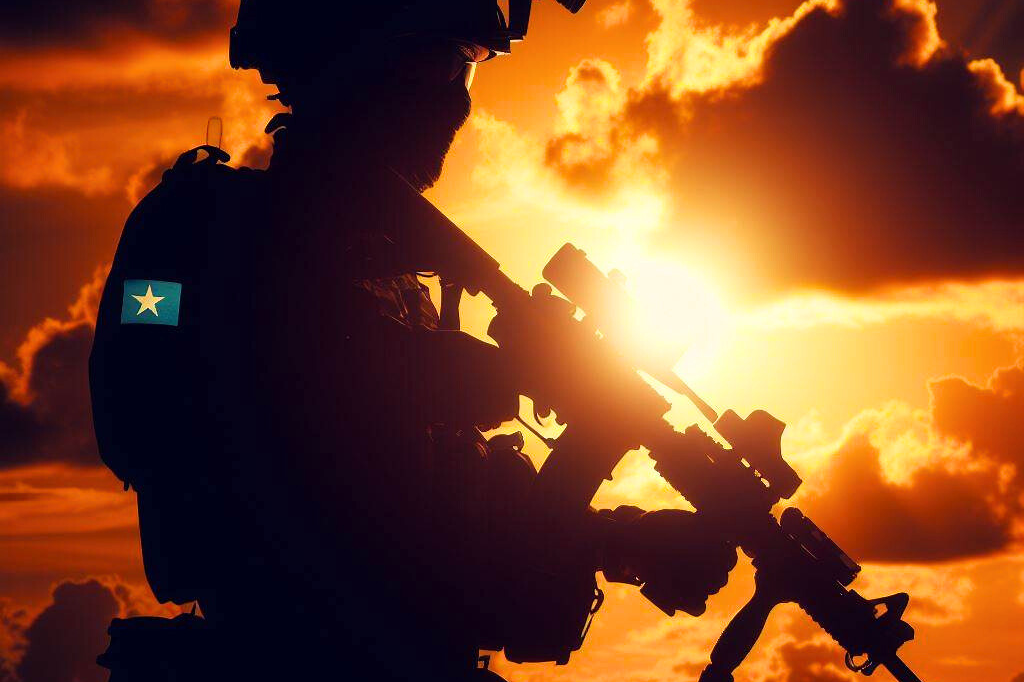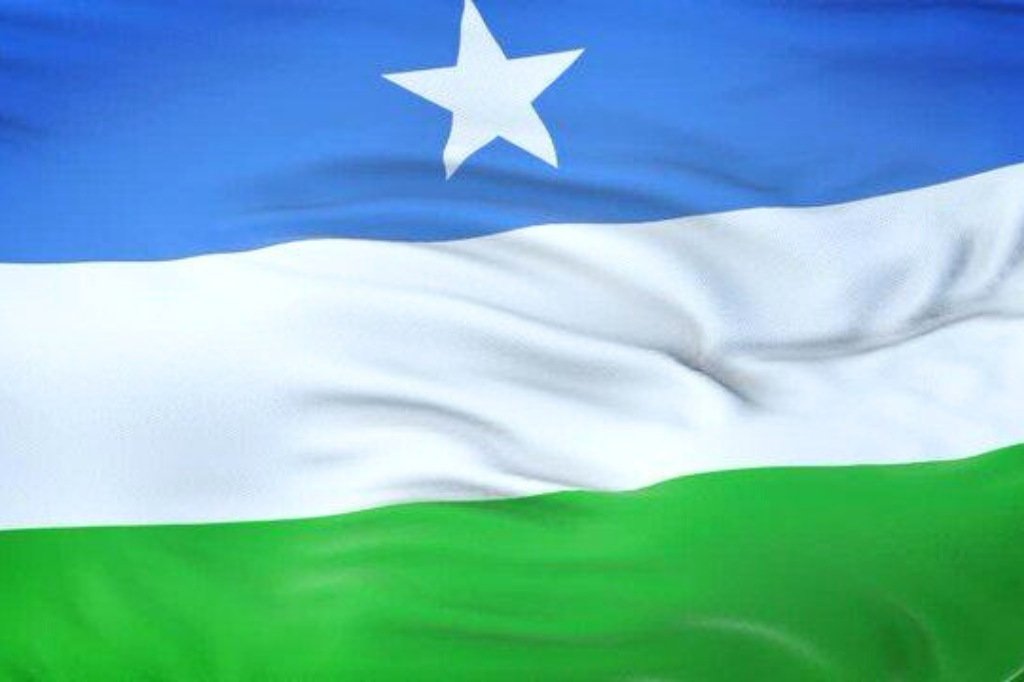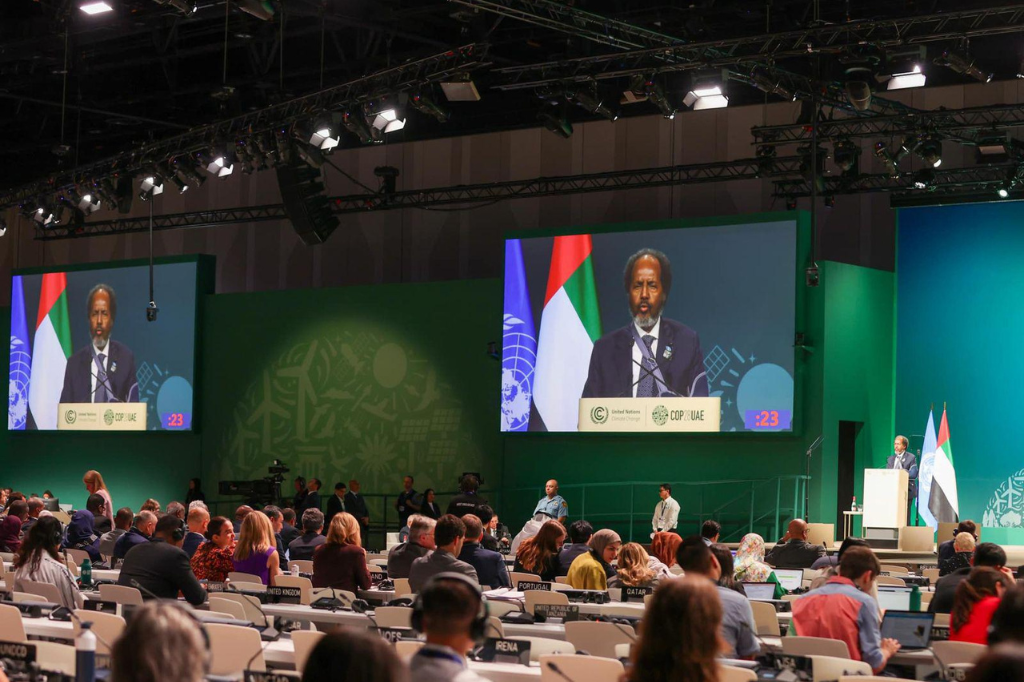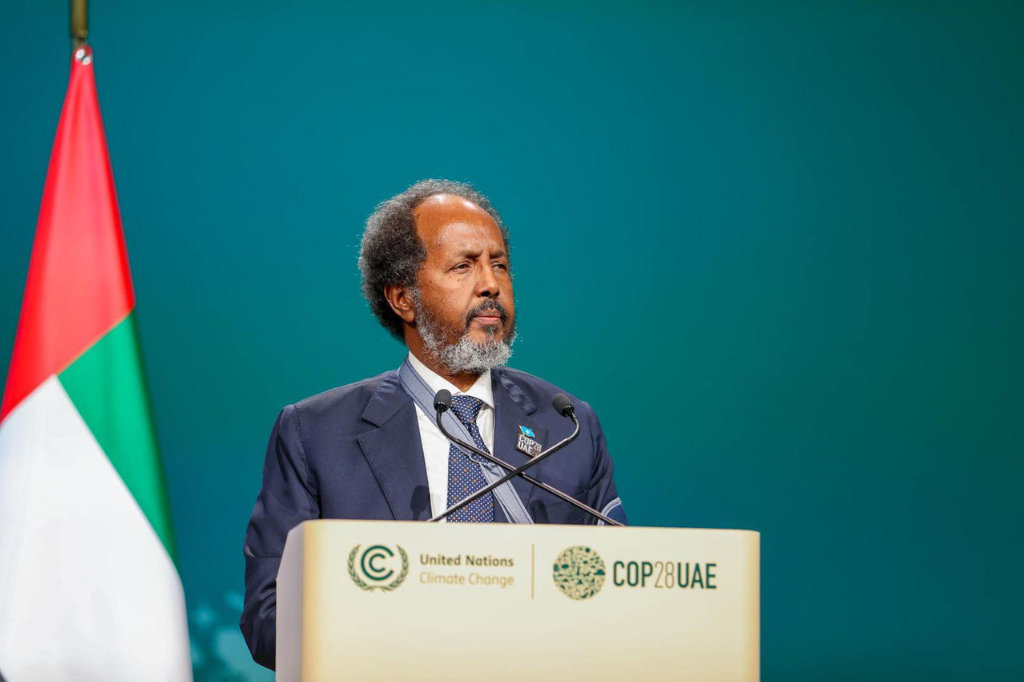
Breath of Fresh Air: The Force Behind Mogadishu’s Newfound Security

For the past nine months Mogadishu has seen a noticeably significant improvement in its thus far turbulent security. This is due to a shift in how it’s policed. Since the administration of President Hassan Sheikh Mohamud came to power, the terrorist group al-Shabaab has been on the back foot. This is due to the group’s heavy losses in the battlefield coupled with NISA’s efforts in proactively foiling more attacks than ever before.
However, another significant work is being done by a special military police trained for ad-hoc operations such as securing the capital.
The force
This outfit was established to be used for pressing issues such as addressing the security issues in Mogadishu, particularly those caused by al-Shabaab and street gangs locally known as “Ciyaal Weero”. The significance of the forces lies in their mandate and the context in which they operate.
The force has both police and military training and can be used for both. Architecturally they fall under the national police while operating in Mogadishu, and under the military command while operating elsewhere. Their primary responsibility though is to secure the Banadir region, from Jasiira to Bal’ad. They are tasked with preventing terrorist bombings and managing the issue of street gangs. The force, estimated to number around 3,000 soldiers, is divided into two brigades, working under two commanders for East and West of Mogadishu. This proved adequate to cover the entire city.
The establishment of the Military Police force can be seen as a response to the complex context of Mogadishu’s security, which the local police has so far failed to tackle. In this regard, their deployment proved successful as it provided tangible security in the capital and its surroundings.
However, it’s important to note that the force’s mandate is temporary. This is due to several reasons. for one, the force is intended to provide immediate relief in the face of the current security issues, with the expectation that longer-term solutions will be implemented in the future by giving the police adequate training. Another reason is to experiment with what works and what doesn’t, after which case, their mandate could be extended or modified based on their effectiveness.
The temporary nature of the forces’ mandate has also positive implications for their operations and strategies. It gives them a sense of urgency to be effective as lack of it will negatively affect their fate. It also gives them clarity in regard to their priorities.
The most significant factor about the force’s presence has been their conduct and demeanour. Mogadishans have been historically disillusioned by heartless soldiers that treated them with humiliation and disregard. The military police have been a breath of fresh air. They simply do their job and get out of people’s hair. This created a positive attitude towards soldiers in general which in turn created more positive reciprocations from soldiers.
In conclusion, the force will ultimately be judged by, not only how successful they are initially, but also how sustainable their success is in the course of their operations. Is this a one-off security success, or a sustained work based on sound strategy that has the potential to be a model for future plans? Only time will tell.
Jibril Kadie
Related News




Somalia’s Single-Use Plastic Bag Ban Was Long Overdue

Election in Puntland: A Historical Overview


Somalia at COP28 Recap: Key Highlights and Outcomes

Breath of Fresh Air: The Force Behind Mogadishu’s Newfound Security

